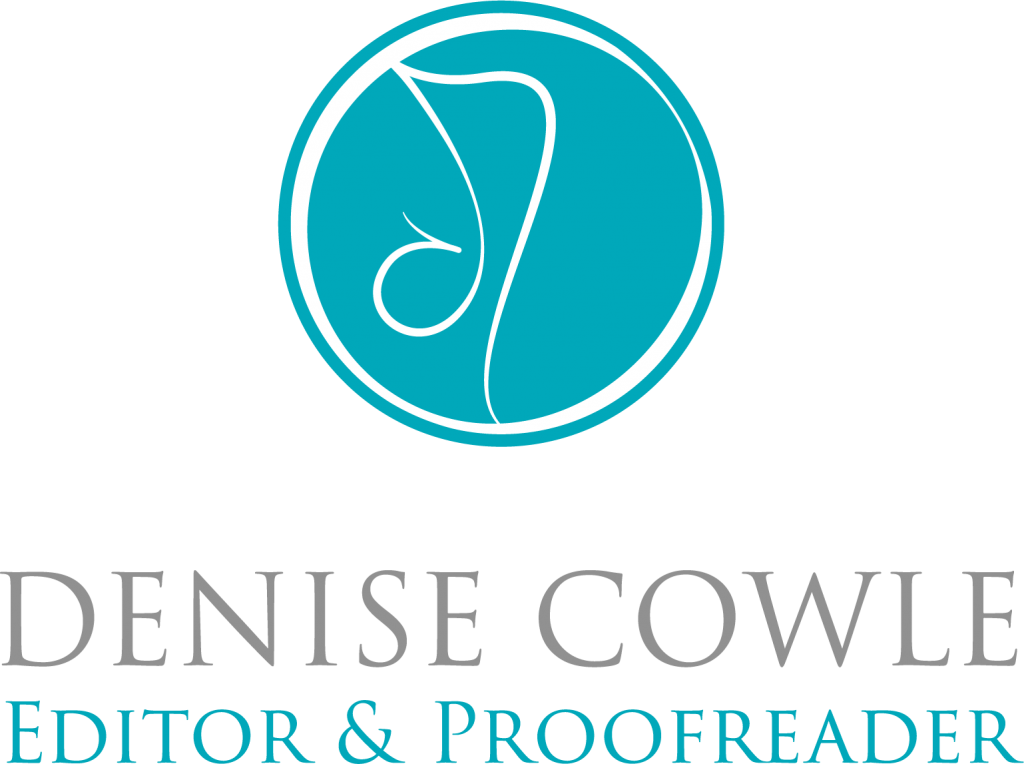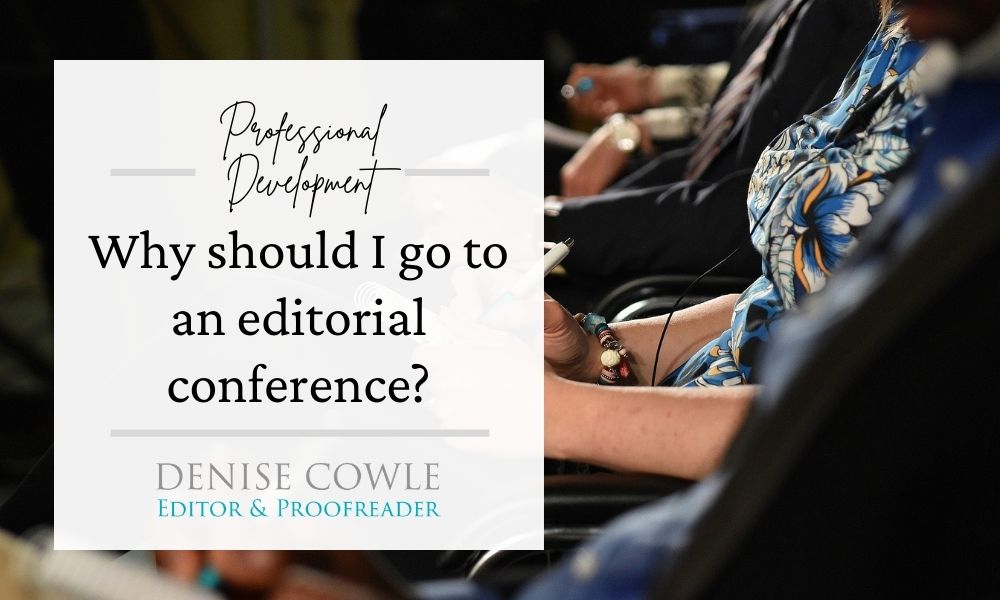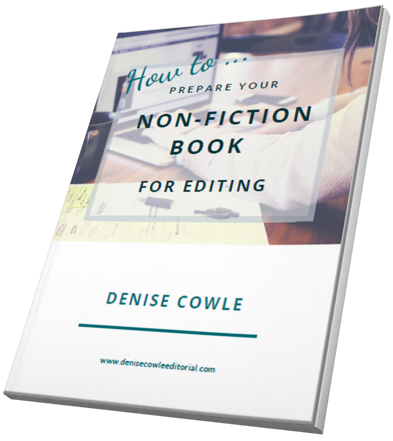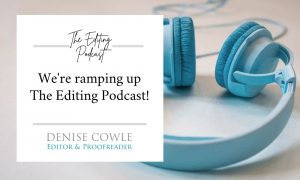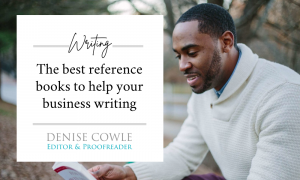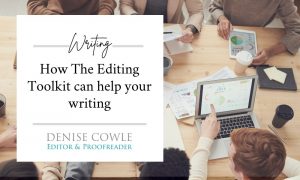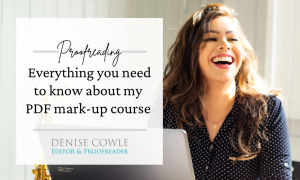This weekend, I’m leaving Glasgow for a few days and heading to Aston University, Birmingham, for the annual conference of the Society for Editors and Proofreaders (SfEP). This will be the third year in a row that I’ve attended, and I’m looking forward to it even more now that I’ve got a few under my belt.
But do I really need to go every year? Surely I can do my job well enough without having to take time off from paid work to go to a conference of other editors?
I get it – when you run your own business, attending a conference is a big commitment. In fact, it’s a double whammy; taking time off to attend is time away from doing paid work, AND there are the costs of the conference and travel to cover.
But I’m a strong believer that the benefits of attending more than outweigh the negatives, so here’s why I’ll be there again this year.
1 I don’t know all there is to know about editing and proofreading
Nobody does, and if they claim to, what does that say about them? Even the most experienced, talented and knowledgeable of editors recognises that there is always something new to learn: there are new skills to develop or areas to improve upon; there are areas of editing to understand more deeply; and it’s a chance to keep up with the aspects of publishing, or language, or running a business that are changing.
For me, this is the core aspect of the conference, as I still consider myself to be relatively new to editing when I look at the many years of experience that others have. Continuing professional development should be part of everyone’s working life and, especially when you work alone, conferences are a major source of new skills and information.
This year I’ll be attending sessions on:
- Editing business text: an in-house editor’s perspective
- Non-fiction text: working with charities, businesses and public-sector bodies
- Educational publishing: helping publishers help students
- Sense and sensitivity: polishing grammar while preserving the author’s voice
- Training: balancing CPD and working life.
You can see that I’ve decided to focus on sessions which will help me strengthen my skills in an area I’m working in more often now – working outside of traditional publishing, with businesses, charities and individuals. But I’m also looking forward to the session on educational publishing, as that is where I do most of my work at the moment – it will be good to deepen my understanding of developments in that field, too.
2 Making a (little) contribution to the profession
Two years ago I ran two conference sessions on workplace health and ergonomics, where I talked about the common physical problems we have as editors (back, neck and upper limb pain), exercises and stretches to do at your desk, plus a little bit about workstations.
This was a subject I was very happy to cover, having worked as a physiotherapist in the NHS for many years before changing career, so it was relatively easy for me. I stuck to a topic which would be interesting to my colleagues, but that I also I felt confident about. You can check out my blog post on transferable skills between physiotherapy and editing here.
Have a think about whether there is something you are knowledgeable about that would be of benefit or interest to your colleagues. Do you have fantastic web skills, are you great at marketing, or was your previous job as a tax consultant? Tax is always a popular topic for the self-employed!
I know that standing up and talking in front of people isn’t everyone’s cup of tea, but there are many ways you can contribute to making a conference a success without delivering a talk to a large group.
This year I’m one of several people who have agreed to be speed mentors. I’ll be doing three 20-minute, one-to-one sessions with colleagues, where we will chat about one or more specific topics that I listed.
I have offered to talk with people about:
- working on English Language Teaching materials
- changing career
- getting started as an editor/proofreader
- ergonomics / healthy working
Again, you can see that only one of these topics is actually about editing, but they are all relevant to those who are starting out, as I did not too long ago.
And, of course, there are many other ways you can help make a conference a success. The amount of work that goes into planning, organising and running a successful conference is staggering, and so any offers of help are usually more than welcome.
You might offer to count votes at an AGM, or hand out feedback sheets, or be the unofficial tech person to help delegates with wifi issues or AV malfunctions.
Of course there’s no obligation to do any of this – for many, having the prospect of a few days away from work and family commitments to focus on themselves, their professional development and their colleagues is the key, and anything else would be a distraction from that.
3 Friends, colleagues and clients
Meeting other editors! It’s a big attraction for those of us who don’t get out much!
Seriously, when you’re freelance it’s easy to go a bit stir crazy – you can get a bit set in your ways, start to doubt yourself and your skills, or become fearful of change. By not venturing out of our comfort zones we miss the opportunity to network with our peers, who become our friends, and sometimes even our clients.
In my opinion, meeting up with colleagues is a vital part of being freelance. This was the main reason I joined the SfEP right at the very beginning of my freelance career – I needed to know there was a group of people who I could learn from and socialise with. The SfEP has a network of local groups (I’m the coordinator of the Glasgow group) which are a great way of getting to know other editors in your area.
Attending a conference takes this to another level. You can meet face-to-face with people you have only known through social media – we have a Tweet-up specifically for people to say hello in real life! – and also with colleagues who you may have worked with on projects, or chatted to on the SfEP forums, but never actually met. This year I’ll be meeting up with at least one project manager who I’ve worked with in the past, and I’ll also be making a point of saying hello to another editor who is about to start work a new project with me.
For my more experienced, established colleagues, this may even be the main reason to attend conference – this may be the best chance to see friends and colleagues who live hundreds of miles away. Networking for them may be the most important aspect – cementing long-standing connections, both personal and professional, is the main purpose of the conference.
Don’t forget that many editors are project managers who pull together freelance teams to work on large publishing projects. Do you know who they are? More importantly, do they know who you are? Do you have skills they should know about?
Make a point of chatting to people who work in a subject field that you have expertise in, or that you’re interested in exploring. Give them your business card (yes, you should have one!).
Don’t just say hello, hand over your card and then wait for a job offer to materialise – follow up afterwards by connecting on LinkedIn and social media.
Do they have a blog? Read it and comment – it’s always appreciated.
Do they have a blog? Read it and comment – it’s always appreciated.
Follow them on Twitter and engage with them – reply to posts and retweet any interesting content they have.
I’ll also be having breakfast one morning with a small group of editors, as we have been exploring setting up a mastermind group together. It’s early days – we have a Facebook group and have had an exploratory meeting via Zoom (Skype is SO last year!) – and this will be our first opportunity to meet each other face to face.
So, for me, networking is another large part of going to conference. It’s not about being pushy, it’s about making new friends and colleagues. And at some point in the future, when someone is offered a book on acupuncture to edit but they don’t have the time, they might remember that we chatted about my previous work as a physiotherapist and pass the client on to me. Because that’s what we do.
4 Having fun
Yes, it’s not all serious stuff, there’s a lot of fun to be had at conferences! I love having the time to chat over drinks with such a diverse mix of funny, intelligent people. For some reason tiara wearing at the gala dinner has become a thing, and I sense that some people may be getting competitive about it!
Funnily enough, one of the things I look forward to is my train journey. Being forced to sit and do pretty much nothing for several hours is a luxury I savour. (I can’t work, as the combination of the Virgin West Coast pendolino train and my laptop is not a good one.)
I always treat myself to a first-class ticket (bought 12 weeks ahead for a good price) and enjoy the view out the window and maybe a podcast, and this year I’ll have the company of a couple of colleagues, too. And, of course, on the return leg I’ll have a gin and tonic or two to celebrate a successful few days.
So watch this space – I’ll be reporting back on my visit to Aston University, Birmingham, and sharing what I learned with you.
Here’s some related content you might enjoy:
Marketing tips for freelance editors: the Content Marketing Academy conference 2016
The Content Marketing Academy conference six months on: a review
The SfEP Scottish mini-conference: a summary
CMALive17: planning, accountability and awards
Over to you!
Is there another editors’ conference that you simply wouldn’t miss? I’d love to hear your recommendations – you know what to do – drop me a note in the comments!
Are you coming to the SfEP conference this year? Let me know in the comments, and if you’ ll be in Birmingham, come and say hello!
